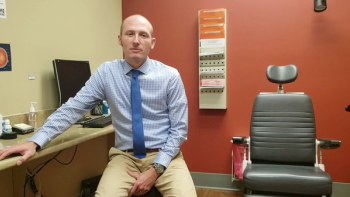
There is a role for optometrists in diagnosis and treatment of these conditions

There is a role for optometrists in diagnosis and treatment of these conditions

Technology can facilitate secure communication between physician and patient



Chad Overman, OD, and Ernie Bowling, OD, MS, FAAO, FNAP, review the importance of telemedicine in optometry. Increased quality of care, access to care and education, and larger patient bases are some of the many benefits discussed.


Portable AI systems to diagnose diabetic retinopathy without input from a doctor
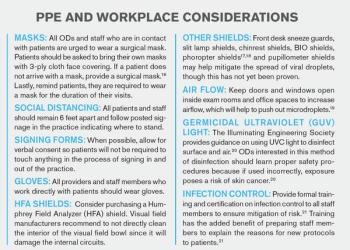
ODs who utilize technology will advance modern optometric care.
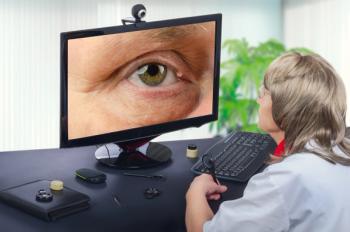
The profession has the opportunity to improve patient health via technology

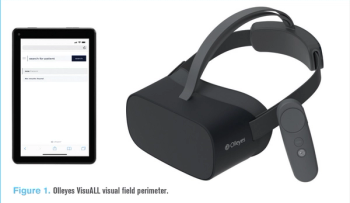
From sanitation, to temperatures, and telemedicine, here’s how one OD’s practice thrives post COVID-19

ODs are able to recognize drug abuse and offer resources to help patients
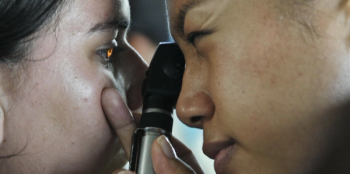
As the need for telemedicine increases, so does the urgency for creating new, less intrusive technology platforms.
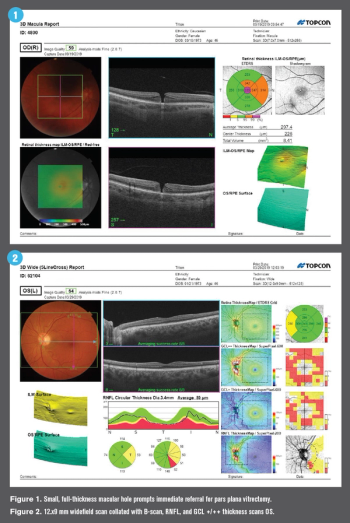
The expenditure of embracing new technologies is worthwhile.
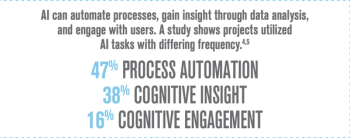
AI technology promises to improve access, outcomes, and efficiency.
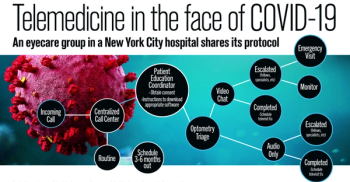
An eyecare group in a New York City hospital shares its protocol.

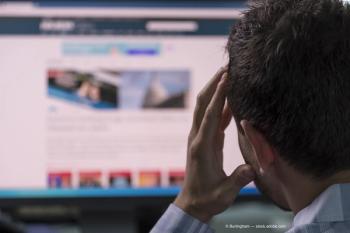
Remember the ubiquitous nature of digital dry eye disease in your practice.



Reduced symptoms and medication use after a 90-day follow-up
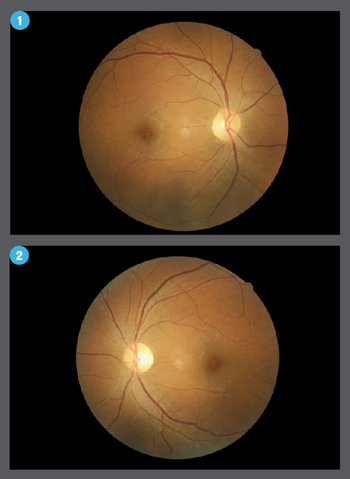
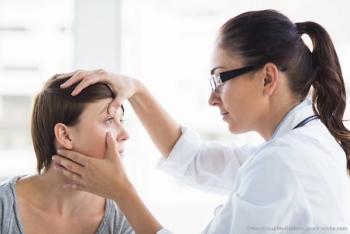
Optometry’s success in the future will depend on the ability of ODs to overcome new challenges.
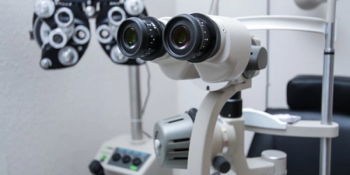
Modern optometry can provide advanced outcome support to patients with glaucoma.
